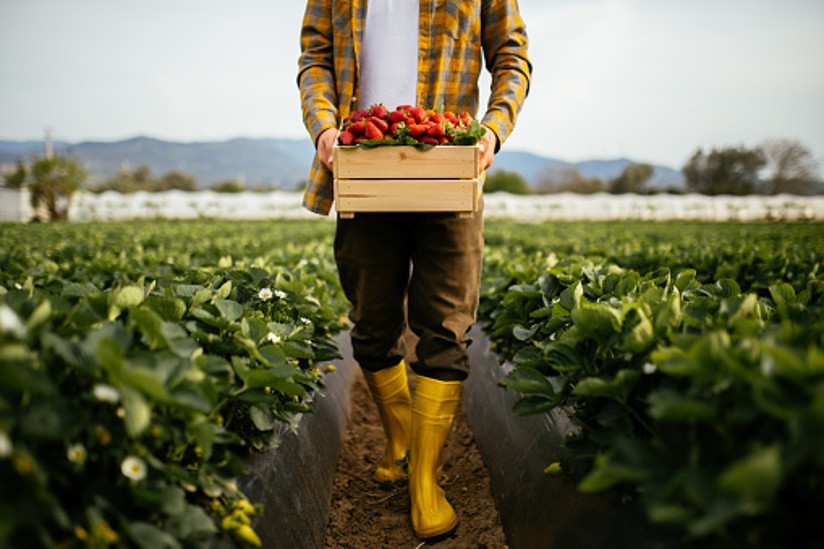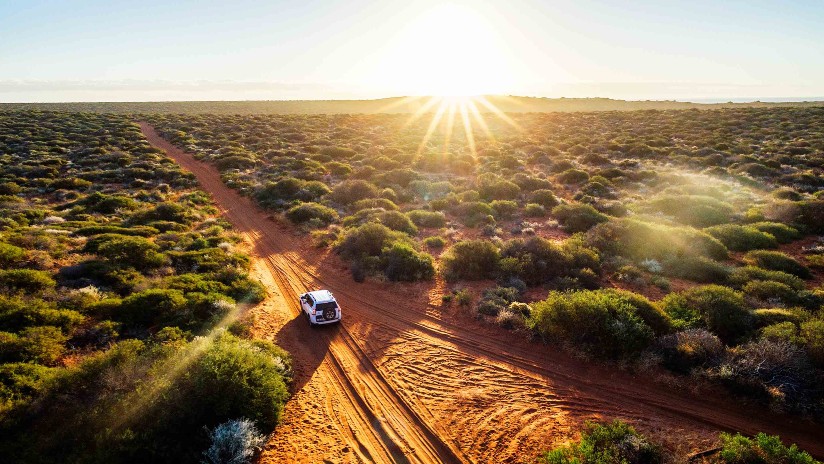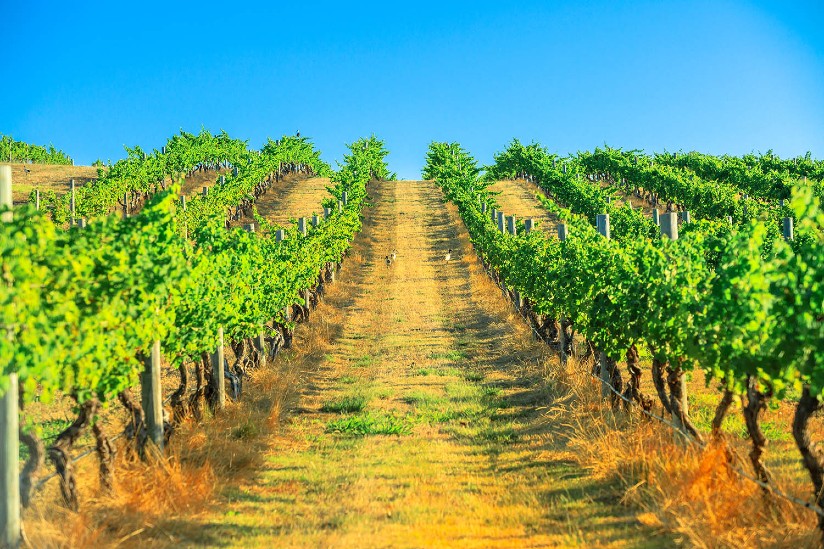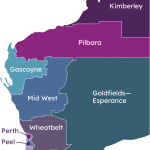
Working on a Farm with a Working Holiday Visa (WHV) in Australia: A Complete Guide
|1. What is a Working Holiday Visa (WHV)?

The Working Holiday Visa allows young people (aged 18-30 or 18-35 for some countries) to travel and work in Australia for up to 12 months. To apply for a second-year visa, you must complete 88 days of specified work in regional Australia, often in industries like agriculture, fishing, and construction. Farm work is one of the most common ways to fulfill this requirement.
|2. The Kind of Work You Can Expect

Farm work in Australia varies widely depending on the region and the season. Common tasks include:
- Fruit Picking: Collecting fruits like apples, oranges, strawberries, and grapes.
- Vegetable Harvesting: Picking vegetables such as tomatoes, cucumbers, and zucchinis.
- Vineyard Work: Pruning, planting, and harvesting grapes.
- Cattle or Sheep Farming: Tasks like feeding, herding, and maintenance of the farm.
These jobs can be physically demanding, requiring long hours of manual labor often in hot and humid conditions. However, they provide a unique experience to connect with the Australian countryside and learn new skills.
|3. Average Pay

Pay rates for farm work can vary. Most farm work pays hourly, with the current minimum wage around AUD $24 per hour. Some farms might offer piece rates, where you’re paid based on the amount you harvest. Although piece rates can sometimes offer the potential to earn more, they can be inconsistent and depend on factors like crop yield and individual productivity.
|4. Pros and Cons of Farm Work

Pros:
- Visa Extension: Completing the required 88 days of farm work is a straightforward way to secure a second-year WHV.
- Unique Experience: Working on a farm provides an authentic Australian experience and a chance to meet people from all over the world.
- Saving Money: Living in rural areas can be cheaper, allowing you to save more money while working.
- Skill Development: Learn new skills related to agriculture, improve physical fitness, and gain work experience in a different industry.
Cons:
- Physical Demands: Farm work is physically challenging and requires good stamina and health.
- Isolation: Rural farm locations can be isolated, with limited social and recreational activities.
- Variable Pay: Earnings can be inconsistent, especially if you’re on a piece rate.
|5. Why Work on a Farm?

Aside from the visa extension, farm work offers an opportunity to immerse yourself in Australia’s rural life. It’s a chance to experience the outback, work in beautiful natural environments, and learn about Australia’s agricultural industry. For many travelers, it’s not just about ticking off the visa requirement but about experiencing a different side of Australia.
|6. How to Find Farm Work

- Online Platforms: Websites like Harvest Trail, Gumtree, and Backpacker Job Board list farm work opportunities across Australia.
- Job Agencies: Register with recruitment agencies that specialize in agricultural work.
- Word of Mouth: Connecting with other backpackers and hostel bulletin boards can be a great way to find job leads.
- Direct Approach: Contact farms directly or visit regional towns where work is common, such as in Queensland, Victoria, and New South Wales.
|7. The Harvest Guide

Australia’s agricultural work is seasonal, and the type of crops harvested depends on the time of year and region. For instance, fruit picking in Queensland is popular from May to November, while grape picking in South Australia is common from February to April. The Harvest Guide, available online, is an excellent resource for planning when and where to work. You can find it here.
Conclusion
Working on a farm in Australia with a Working Holiday Visa is a fulfilling way to experience the country’s rural landscape, meet new people, and secure an extended stay. While it’s hard work, the rewards of gaining a second-year visa and unique life experience make it worthwhile. Whether you’re picking fruit in Queensland or working on a vineyard in Victoria, farm work provides a genuine taste of Australia’s countryside.
If you would like to book a consultation with one of our agents, just call us on (08) 6117 4152 or write us at [email protected] or click on this following like to book your appointment https://www.getyourvisa.com.






